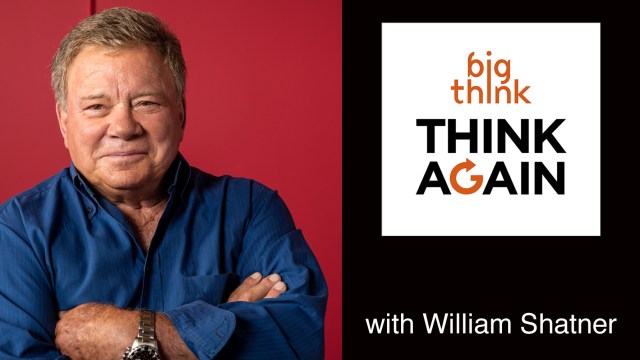Dutch May Allow Assisted Suicide for Non-Terminally Ill Patients

Already a euthanasia pioneer, being the first to legalize it in 2002, the Netherlands may allow for the assisted suicide of older people who feel as if they’ve “completed life”. These people would not have to be terminally ill and could even be healthy.
The previous Dutch euthanasia law looked to help people who were incurable and living with terrible daily pain. This time, health and justice ministers look to help people who “have a well-considered opinion that their life is complete,” and “must, under strict and careful criteria, be allowed to finish that life in a manner dignified for them”.
While the euthanasia policy has the support of the Dutch public, with 5,516 deaths via euthanasia in 2015 (3.9% of all nationwide deaths), some see a slippery slope. They look at the initial assisted suicide law and point out that there has already been an extension of the boundaries of what was supposed to be “unbearable suffering” to now include mental diseases and dementia. A new policy to institutionalize a rather vague “completed life” criteria is sure to have even more detractors. The expressed reason for the new law, according to the ministers, is that “a request for help (in dying) from people who suffer unbearably and have no hope without an underlying medical reason can be a legitimate request”.
Bioethicist and writer Jacob Appel told Big Think that a person should have the right to end their own life, so long as they can prove that they are thinking rationally over a prolonged period of several days.
To establish limitations, Edith Schippers, health minister, wrote that “because the wish for a self-chosen end of life primarily occurs in the elderly, the new system will be limited to” them. These could be people with low mobility and lack of independence, lonely people or those suffering with “deterioration and loss of personal dignity.”
Critics have, however, seized on the fact that the minimum age has not yet been established. How old do you have to be to have ‘completed” your life? Critics also point out that perhaps the government should focus on addressing loneliness instead.
Geert Wilders, a populist politician, argues that there should be limits on the kind of liberalism and tolerance practiced in the Netherlands.
“We cannot allow people who are needy or lonely to be talked into dying,” he told the Dutch newspaper de Volkskrant. “Combating loneliness — and investing in dignity and focusing on our elderly — is always the best option.”
Understandably, Christian groups have also joined in with criticism, saying that the law would amount to sanctioning murder by the state.
Who will administer this program? A carefully vetted “’death assistance provider’ with a medical background, who has also been given additional training”. There would also be third-party checks and additional supervision.
The Dutch look to have the law drafted by the end of 2017, after consultations with experts.
Assisted suicide is currently prohibited in all U.S. states, but medical aid in dying is authorized in Washington, Vermont, Montana and California.
Besides Netherlands, physician-assisted suicide is allowed in Canada, Belgium, Luxembourg and Switzerland.
—





